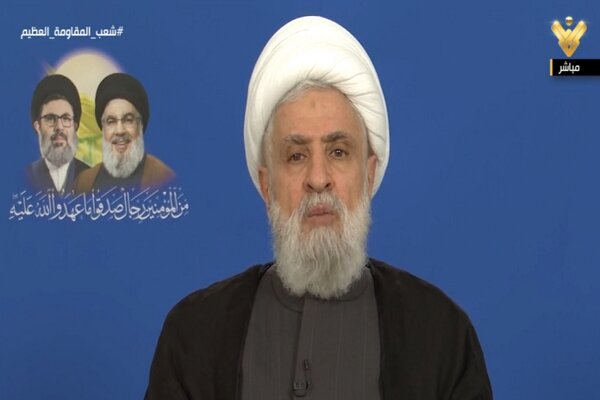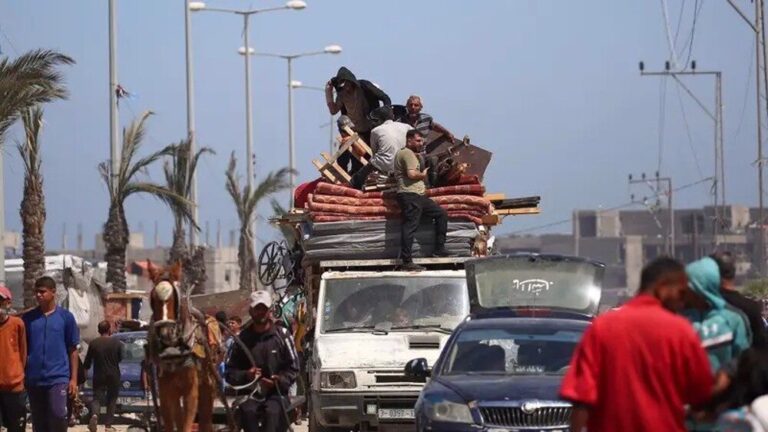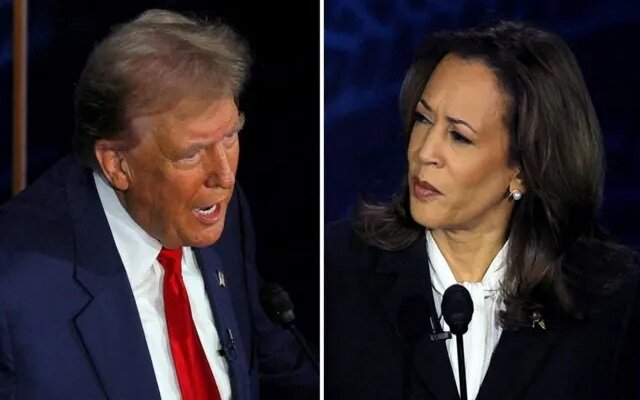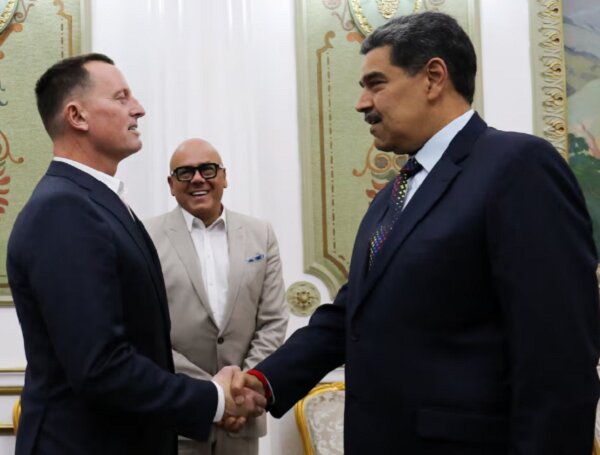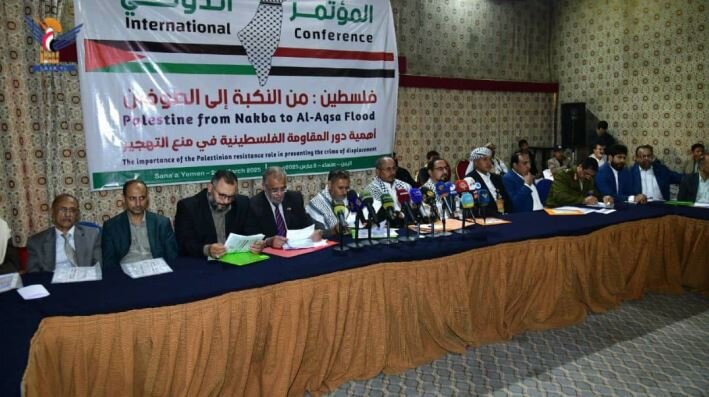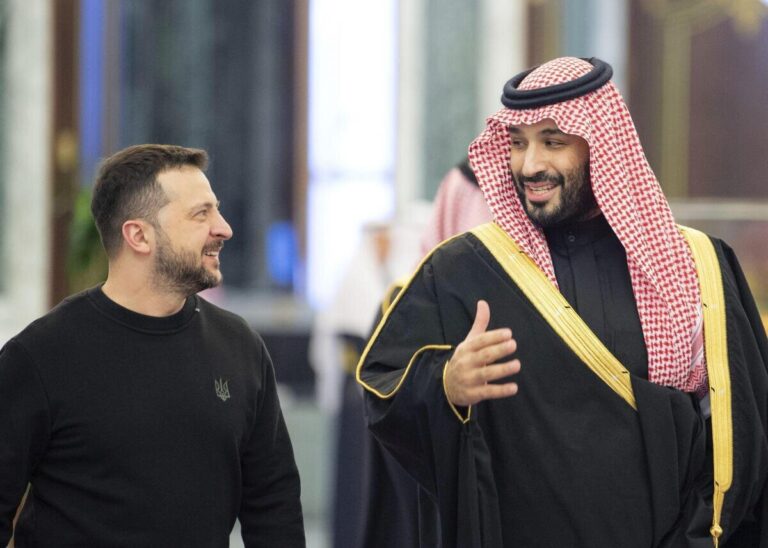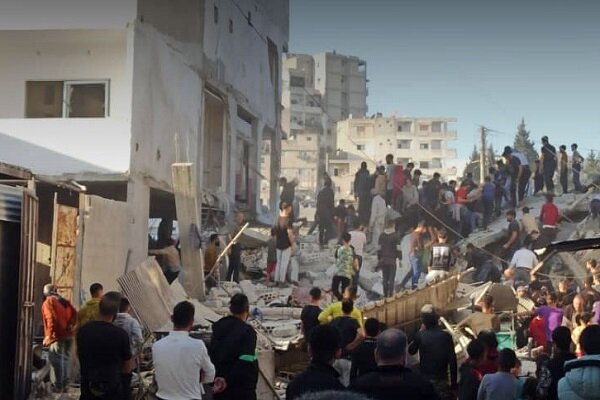Qassem: ‘We Won’t Let Anyone Disarm Hezbollah’ – A Bold Stand Against Dismantling Militias
In a recent address broadcasted on Al-Manar, Hezbollah Secretary General Sheikh Naim Qassem discussed critical developments in defense strategy and regional tensions. His remarks shed light on the ongoing challenges posed by Israeli occupation and the resilience of the Lebanese resistance movement.
Sheikh Qassem opened his speech by asserting that the resistance is fundamentally a response to the Israeli occupation. He emphasized, “Israel is expansionist, seeks to seize Lebanese as well as Palestinian land,” underscoring the significance of resistance in countering aggression.
Highlighting Hezbollah’s effectiveness, he stated that “Resistance stopped aggression by Israel and the US at Lebanon’s southern border.” This assertion reflects the group’s view of its role in maintaining national sovereignty and security.
According to Sheikh Qassem, “Israel did not achieve its goals in Lebanon thanks to Hezbollah resistance.” He pointed out that “Israel has carried out over 2,700 acts of aggression since the Lebanon ceasefire deal.” Despite these provocations, he claimed that Hezbollah has adhered fully to the terms of the ceasefire.
In a stark warning, Qassem noted, “Israel wants to occupy a large part of Lebanon and build settlements there.” He expressed confidence in the resistance, stating, “Lebanon’s resistance has options and is not afraid of anything.” This declaration serves to reinforce Hezbollah’s commitment to its mission despite external pressures.
Sheikh Qassem also addressed the issue of disarmament, stating, “Israel seeks resistance disarmament to weaken and occupy Lebanon.” He deemed efforts to disarm Hezbollah as “seditious” and aligning with Israeli interests. He firmly stated, “We will not allow anyone to disarm Hezbollah,” indicating a strong resolve to defend the group’s capabilities.
He further elaborated, “We will confront those who attack the resistance and those who work to disarm it just as we confronted ‘Israel’.” His statements emphasize the group’s preparedness to defend its position against both external and internal threats.
Qassem articulated the importance of Hezbollah’s arms, labeling them as “the pillar of the resistance,” which he argued “liberated the country and defended its sovereignty.” This perspective underscores the group’s belief in the necessity of armed resistance in the face of foreign intervention.
Turning to the broader regional context, Sheikh Qassem called for an end to Israeli occupation, stating, “Israel must withdraw from all Lebanese territory and stop its aggression.” He asserted that “Israeli withdrawal and halting the aggression are important steps toward engaging in a discussion on the defense strategy.” This statement indicates a willingness to engage in dialogue, provided that Israel ceases its aggressive actions.
Reaffirming Hezbollah’s stance, he declared, “Hezbollah will not surrender and it is not afraid of threats from the US and Israeli regime.” His comments reflect a broader sentiment of resistance against perceived imperialist influences in the region.
Qassem urged the Lebanese people to “stand firm in face of the US,” expressing solidarity and support. He also expressed hope for positive outcomes from US-Iran discussions, indicating an interest in regional diplomacy.
In a gesture of solidarity with Yemen, he remarked, “We salute Yemen which has been standing firm in face of the US and ‘Israel’ on behalf of the entire world,” praising the leadership of Ansarullah leader Sayyed Abdul Malik Al-Houthi. This acknowledgment highlights Hezbollah’s alignment with other resistance movements in the region.
In conclusion, Sheikh Naim Qassem’s address reiterates Hezbollah’s steadfast commitment to resistance against Israeli aggression and its determination to maintain Lebanon’s sovereignty and territorial integrity. The implications of his statements resonate not only within Lebanon but across the broader Middle Eastern landscape, as the struggle against occupation continues to shape regional dynamics.
